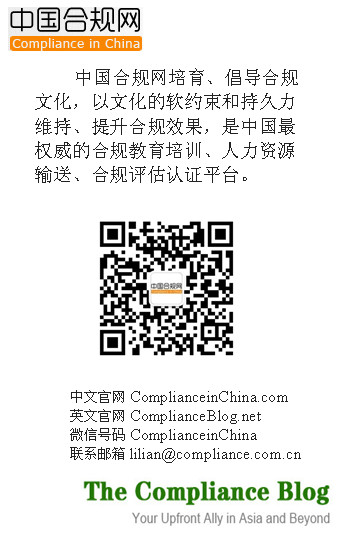FBI Director Robert Mueller defended the controversial government surveillance program Prism before a U.S. House Committee on June 13, saying it's a necessary part of America’s counter-terrorism operation.
Had Prism been in place before the September 11 terrorist attacks, he said, the hijackers’ plot could have been uncovered. But Prism is not only a tool to fight terrorism. It is also an economic espionage device that provides global economic advantages to U.S. companies.
One part of Prism is called Echelon. It's a global spy network which the NSA and other U.S. intelligence agencies, as well as those in the United Kingdom, Australia, Canada, and New Zealand operate collaboratively. It is capable of tapping into millions of phone calls, emails, and fax transmissions for pre-programmed keywords globally every hour of every day.
According to the EU’s report in February 2013, Echelon has been used for economic espionage. In March, Former CIA Director James Woolsey also reveled to a German newspaper that Echelon collects “economic intelligence” to be used, for example, on FCPA enforcement.
As the U.S. ramps up anti-bribery enforcement, some American companies are disadvantaged by the perceived unlevel playing field. Strengthening surveillance over non-U.S. companies and individuals is one way to bring more balance to enforcement.
Nine of the ten biggest FCPA cases of all time involve non-U.S. headquartered companies, most of them from Europe. In smaller enforcement actions, the U.S. has now turned its sights on PRC companies. One example is the Keyuan case. In February, the SEC charged this China-based issuer and its former chief financial officer with accounting and disclosure violations. Keyuan, the SEC said, operated a secret off-balance sheet cash account used to pay for gifts to Chinese government officials, among other things.
Some believe Chinese companies are treated unfairly under the FCPA, which covers giving or promising to give anything of value to "foreign officials." U.S. enforcement agencies consider most employees of state-owned enterprises as foreign officials. The huge number of state-owned enterprises in China expands the risk of operating in China for both foreign and local Chinese companies.
Revelations about the use of Prism for commercial purposes, coupled with enhanced FCPA enforcement, could mean increased scrutiny of non-U.S. companies and individuals’ business practices. While this will help level the playing field for U.S. companies, it will also create new difficulties for practitioners and compliance professionals in other countries, especially in China.
The U.S. does not seem to have any intention to conceal this point. When interviewed by the Wall Street Journal on March 17, 2013, James Woolsey justified Echelon's spying on foreign companies because, he said, some foreigners continue to flout the FCPA.
* The article was originally published at http://www.fcpablog.com/blog/2013/7/2/threat-assessment-prism-and-fcpa-enforcement.html
** Licensed in the PRC and the New York State of the U.S., Henry Chen, the author, is a Shanghai-based partner at MWE China Law Offices in stratetic alliance with McDermott Will and Emery.
Henry has extensive experience representing enterprises in administrative and criminal investigations of alleged commercial bribery cases; providing counsel for the investigation of employee misconducts; helping clients conduct pre-merger due diligence investigations and post-merger integrations; providing training and seminars in Chinese and English to the employees of MNCs regarding anti-corruption and bribery pitfalls; providing FCPA investigations and auditing for the presence of American companies in China and for companies listed in the U.S.; helping companies update and strengthen their internal anti-corruption compliance programs and controls and tailoring them to the unique features of Asian markets.
Henry’s research about FCPA enforcement and Chinese anti-bribery and -corruption law has been published or quoted in leading publications, including the Bloomberg Asia Pacific Law Report, Wall Street Journal, China Law & Practice and ALB. Henry is also the host of Linkedin groups: "Compliance in China” and “Anti-Corruption Compliance Asia.”
Henry is available at henrychen@mwechinalaw.com






